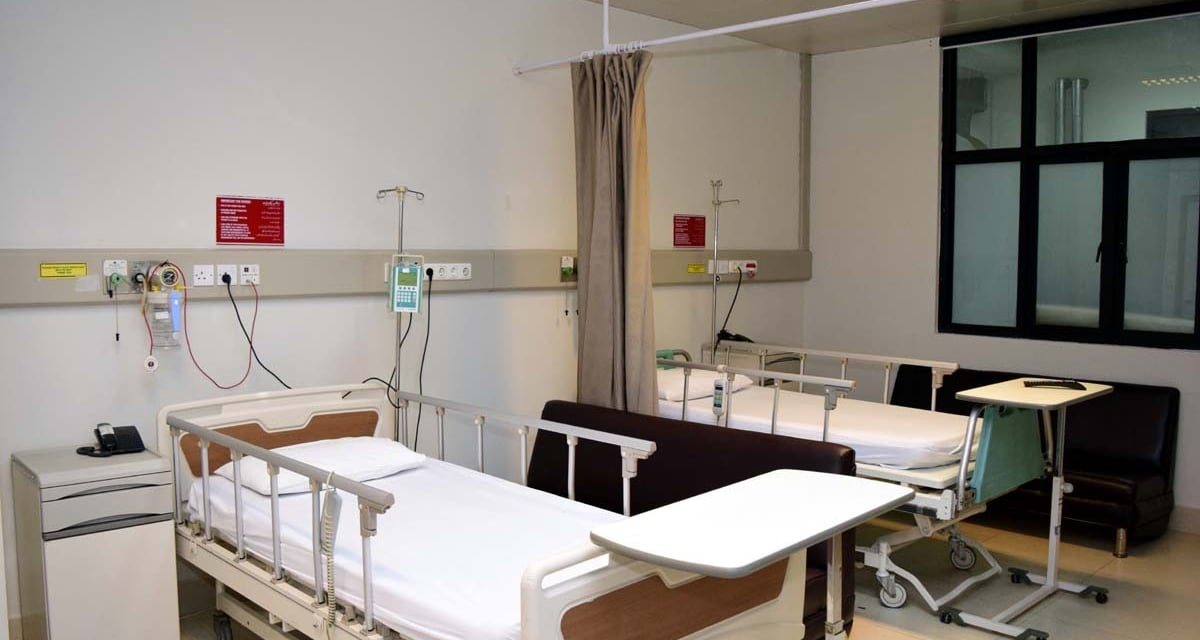Health Care
It's true that Pakistan does not have a single, unified National Health Service (NHS) like in the UK, but there are excellent medical options available.
Here is a breakdown of what you should do if you require medical attention:
1. General Check-Ups and Non-Emergencies
For routine check-ups, minor illnesses, or non-urgent consultations, you have a few great options:
Clinics and Diagnostic Centres: Look for a reputable clinic, like IDC. These centers are excellent for general testing and quick consultations.
Private Practice Doctors: You can seek out fully qualified doctors in private practice. For example, there are US-qualified doctors who have relocated, such as the one whose practice is near DHA 2: www.yourhealingstudio.com, who may offer remote or in-person consultations. (Please note if the website does not work, it is not live yet.)
2. Emergencies and Hospital Care
For emergencies, serious illnesses, or when hospitalisation is required:
Private Hospitals: Major cities have highly regarded private hospitals that offer comprehensive services and modern facilities.
CMH (Combined Military Hospital): This is often the closest and most reliable general hospital near many major residential areas like DHA 2, Bahria Town & Zaraj Housing Society providing a wide range of services.
Key Considerations
Since you do not have an NHS covering the cost, it is crucial to take the following steps to ensure you are prepared:
Private Health Insurance: Strongly consider purchasing private health insurance that covers both routine and emergency care in Pakistan. This will protect you from unexpected high costs.
Emergency Fund: Keep a portion of your funds easily accessible for immediate medical payments, as many private facilities require upfront payment.
Locate Nearby Facilities: Before an emergency occurs, identify the closest and highest-rated hospital and pharmacy to your home.


Resources
Comprehensive guidance for relocating to Pakistan.
Support
© 2025. All rights reserved.



